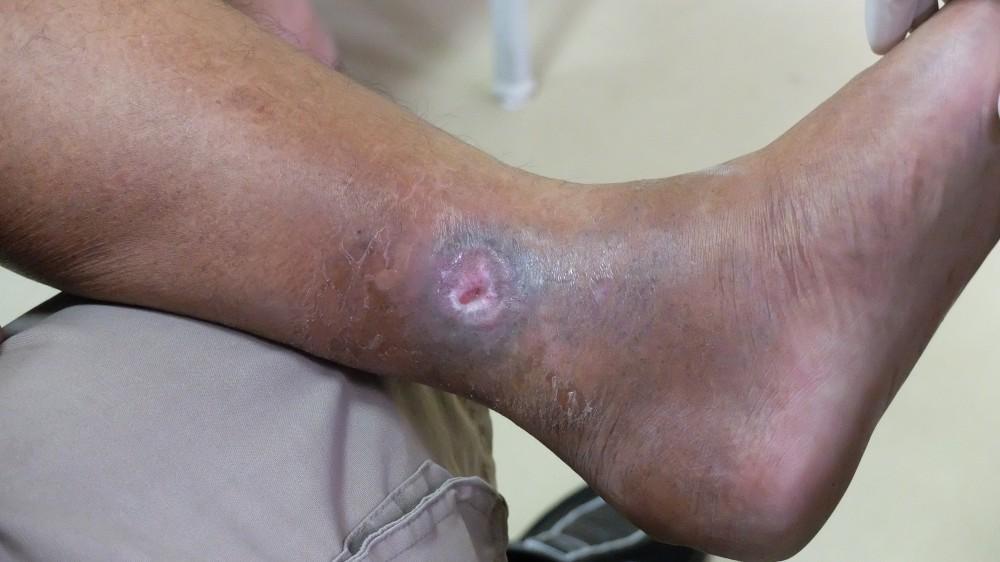
Why People With Diabetes Need to Pay Extra Attention to Their Foot Care

People living with diabetes have to juggle extra considerations around health and wellness. That may include dietary planning, blood sugar testing, and even paying special attention to foot care.
Why does having diabetes mean you have to take extra care of your feet? Dr. Steve Sharlin and the team of podiatry experts at The Foot Care Group can help you understand the importance of diabetic foot care.
We provide ongoing monitoring and diabetic foot care support for diabetic patients from our locations in Hinsdale, Libertyville, and the Streeterville area of Chicago, Illinois.
So, what should you know about diabetic foot care and the risks that diabetes poses for your feet? When you have all the information you need, you can control your diabetes care and management, keeping yourself healthy for years to come.
Diabetes affects your circulation, putting your feet at risk
If you have type 1 or type 2 diabetes, your body struggles to create or utilize the chemical insulin. Your cells need insulin to be able to access the energy resources that come from the food you eat. Before cells use insulin to access this energy, it stays in your bloodstream in the form of blood glucose, or blood sugar.
Since people with diabetes can’t successfully utilize insulin to extract blood glucose, blood sugar levels can tend to run chronically high. And that has a lot of implications for your whole-body health. High levels of blood sugar can damage your circulatory system over time, making it difficult for your extremities to get needed blood flow and nutrients.
Peripheral diabetic neuropathy and sensation loss in your feet
Chronically high blood sugar can also result in damage to your nerves, especially in your feet and lower extremities. If you develop peripheral diabetic neuropathy as a complication related to type 1 or type 2 diabetes, your foot care routine needs to change.
Diabetic neuropathy often causes you to lose sensation in your feet. That means that if your foot is injured, cut, scraped, or burned, you might not feel pain or realize that an injury has occurred. Even little injuries on your feet can become infected without the right care.
How diabetic foot care can prevent limb loss
Limb loss is one of the most tragic possible complications of diabetes. Untreated infection and slow-healing wounds can eventually make it so that the only path forward to preserve your life is foot amputation. And, for people with diabetes who need to stay active in order to prevent their condition from worsening, limb loss represents a difficult challenge for continued health.
With the right diabetic foot care, you can protect your feet and ankles from the negative effects of diabetes. Diabetic foot care includes regularly cleaning and checking your feet, using protective socks even in the house, and making sure your shoes don’t cause calluses or blisters that can become infected.
To learn more about diabetic foot care, contact Dr. Sharlin and The Foot Care Group team today. Schedule your initial consultation appointment online or over the phone today.
You Might Also Enjoy...


Can Cryotherapy Get Rid of My Plantar Warts?

I'm Embarrassed About My Toenail Fungus: What Can Help?

5 Bothersome Complications of Untreated Hammertoe

How to Prevent Diabetes-Related Foot Amputation

